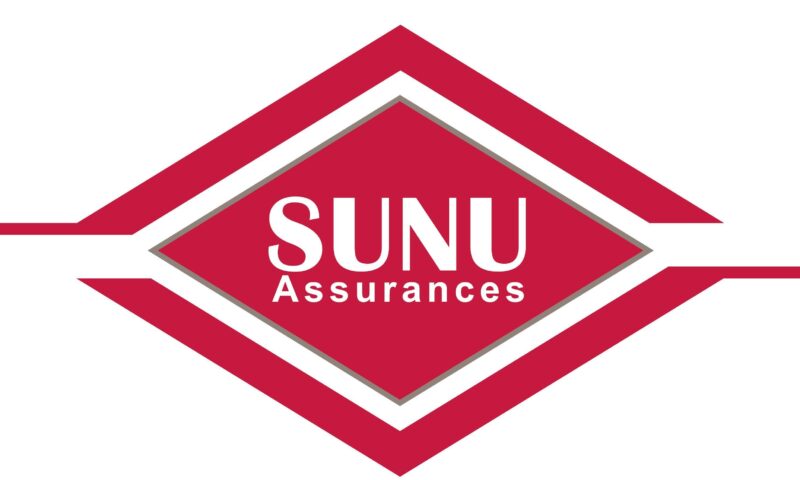Naicom to implement corporate governance guidelines in 70days time
In less than 70 days from now, the National Insurance Commission (NAICOM) will implement insurance industry’s corporate governance guidelines.
The Commission on its website recalled that the guidelines which will be implemented on June 1, 2021, was issued on March 17, 2021.
Naicom implored all insurance and reinsurance firms to comply with the guidelines and the Nigerian Code of Corporate Governance 2018.
Naicom stated, “Non-compliance with the Nigerian Code of Corporate Governance (NCCG) 2018 and this guidelines shall be a violation of Section 49(1)b of the National Insurance Commission Act 1997 and attracts penalty under Section 49(5) of the Act”
NAICOM maintained that its principal object is to ensure effective administration, supervision, regulation and control of the insurance business in Nigeria
It added that Section 11 C and 51 C of the Financial Reporting Council of Nigeria (FRCN) Act, 2011 confers on the FRCN the power to ensure good Corporate Governance Practices in ublic and private sectors of the Nigerian economy.
Naicom noted that the FRCN issued the Nigerian Code of Corporate Governance (NCCG) 2018 to institutionalize corporate governance best practices in all Companies in Nigeria and repealed all other sectorial codes.
The Commission in exercise of its powers under the National Insurance Commission Act 1997 and in collaboration with FRCN hereby issues its Corporate Governance Guidelines (the Guidelines) to assist the implementation of the NCCG 2018, it said.
The regulatory body informed that the Guidelines shall be read and interpreted in conjunction with the provision of NCCG 2018 and replaces the NAICOM Code of Good Corporate Governance for the Insurance Industry 2009.



